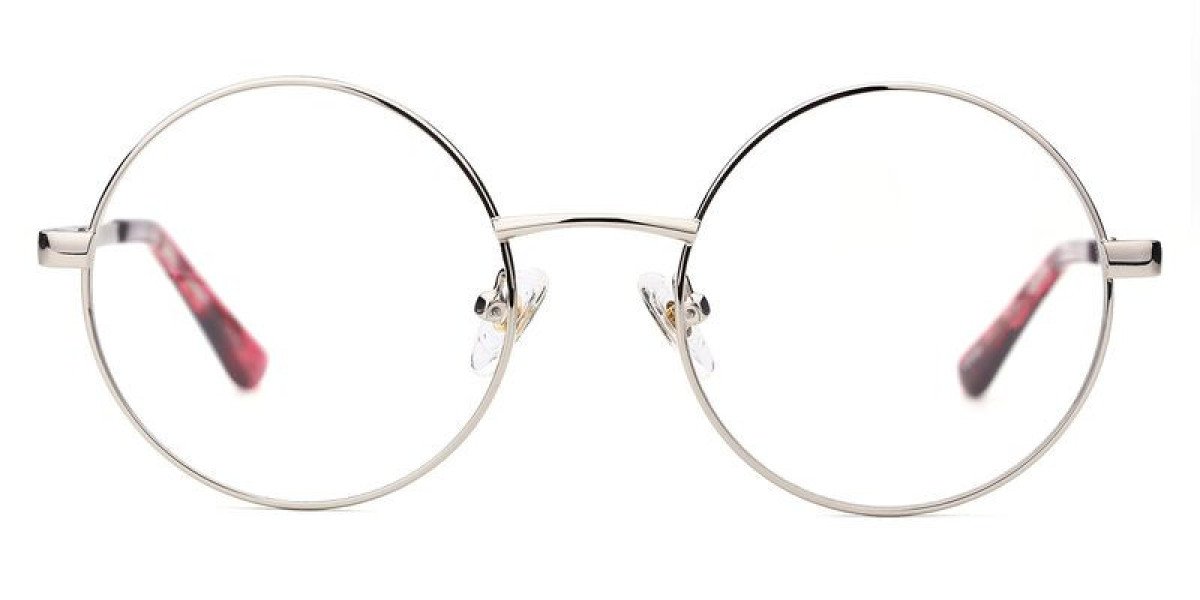Hot water systems are essential for modern living, providing comfort and convenience in our daily routines. Whether you're building a new home or upgrading an existing system, understanding the different types of hot water systems, their benefits, and associated costs is crucial.
In this comprehensive guide, we'll explore everything you need to know to make informed decisions about your hot water system.
Types of Hot Water Systems
Storage Tank Water Heaters
Storage tank water heaters are the most common type found in households. They store heated water in an insulated tank until it's needed.
Benefits:
- Relatively low upfront cost.
- Simple installation process.
- Suitable for households with consistent hot water usage patterns.
Costs:
- The lifespan typically ranges from 10 to 15 years.
- Energy costs can be higher due to standby heat loss.
Tankless (On-Demand) Water Heaters
Tankless water heaters heat water directly as it flows through the unit, eliminating the need for a storage tank.
Benefits:
- Endless supply of hot water on demand.
- Energy-efficient, as there's no standby heat loss.
- Compact size saves space.
Costs:
- Higher upfront investment compared to storage tank heaters.
- Installation costs may be higher, especially for retrofitting.
Heat Pump Water Heaters
Heat pump water heaters extract heat from the air or ground and transfer it to the water in the tank.
Benefits:
- Highly energy-efficient, reducing energy bills.
- Environmentally friendly, as they use renewable energy sources.
Costs:
- Higher initial cost compared to traditional storage tank heaters.
- Installation may require additional space and considerations for ventilation.
Solar Water Heaters
Solar water heaters use solar panels to capture energy from the sun and heat water stored in a tank.
Benefits:
- Renewable energy source, reducing reliance on fossil fuels.
- Long-term cost savings on energy bills.
- Environmentally friendly.
Costs:
- Higher upfront investment for equipment and installation.
- Requires adequate sunlight and may need a backup system for cloudy days.
Benefits of Upgrading Your Hot Water System
Improved Energy Efficiency
Upgrading to a more energy-efficient hot water system can significantly reduce your energy bills over time. Systems like tankless water heaters and heat pump water heaters operate more efficiently than traditional storage tank heaters, minimizing energy waste.
Enhanced Comfort and Convenience
Modern hot water systems provide a more consistent supply of hot water, ensuring that you never run out during peak usage times. Tankless water heaters, in particular, offer endless hot water on demand, perfect for busy households.
Environmental Sustainability
Investing in a solar water heater or heat pump water heater can help reduce your carbon footprint by utilizing renewable energy sources. By decreasing reliance on fossil fuels, you can contribute to a cleaner and more sustainable environment.
Long-Term Cost Savings
While the initial investment for upgrading your hot water system may seem significant, the long-term cost savings can outweigh the upfront costs. Energy-efficient systems require less energy to operate, resulting in lower monthly utility bills and a higher return on investment over time.
Factors Affecting Hot Water System Costs
Type of System
The type of hot water system you choose will have a significant impact on the initial cost and long-term operating expenses. While some systems may have higher upfront costs, they may offer greater energy savings and durability, resulting in lower overall costs over time.
Installation Requirements
Installation costs can vary depending on the complexity of the job and any modifications needed to accommodate the new system. Factors such as accessibility, ventilation, and plumbing requirements can affect installation expenses.
Energy Efficiency
Energy-efficient hot water systems may have higher upfront costs but can lead to substantial savings on energy bills over their lifespan. Consider the energy efficiency ratings and potential long-term savings when comparing different systems.
Maintenance and Repairs
Regular maintenance is essential to keep your hot water system running smoothly and efficiently. Factor in the costs of routine maintenance, as well as any potential repairs or replacements that may be needed over time.
Result
Choosing the right hot water system for your home involves considering factors such as your household's hot water usage patterns, energy efficiency preferences, and budget constraints.
By understanding the different types of hot water systems available, their benefits, and associated costs, you can make an informed decision that meets your needs and maximizes value over time.
Whether you opt for a traditional storage tank heater, a tankless system, or a renewable energy solution like solar or heat pump water heaters, upgrading your hot water system can enhance comfort, convenience, and sustainability in your home.







